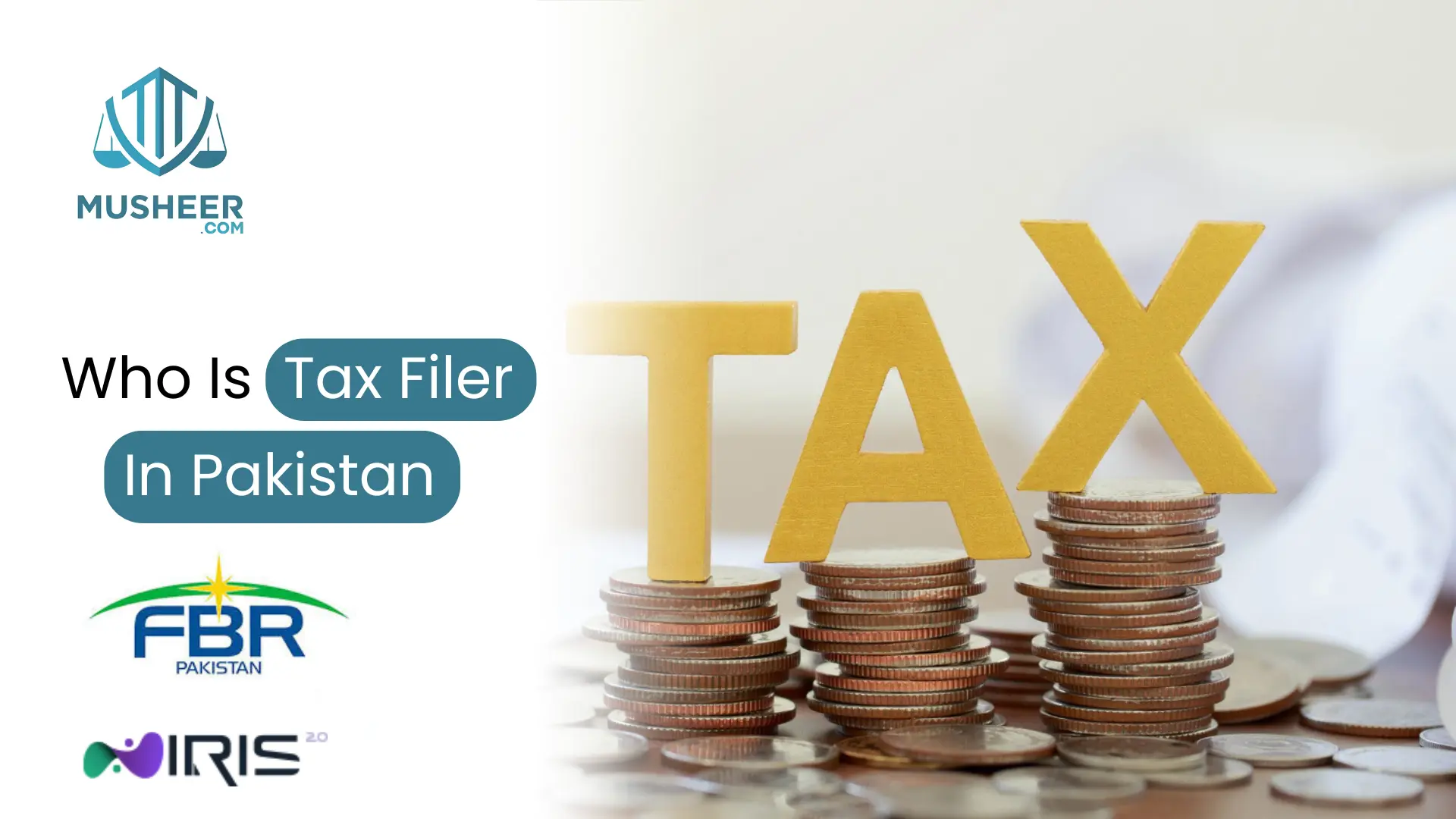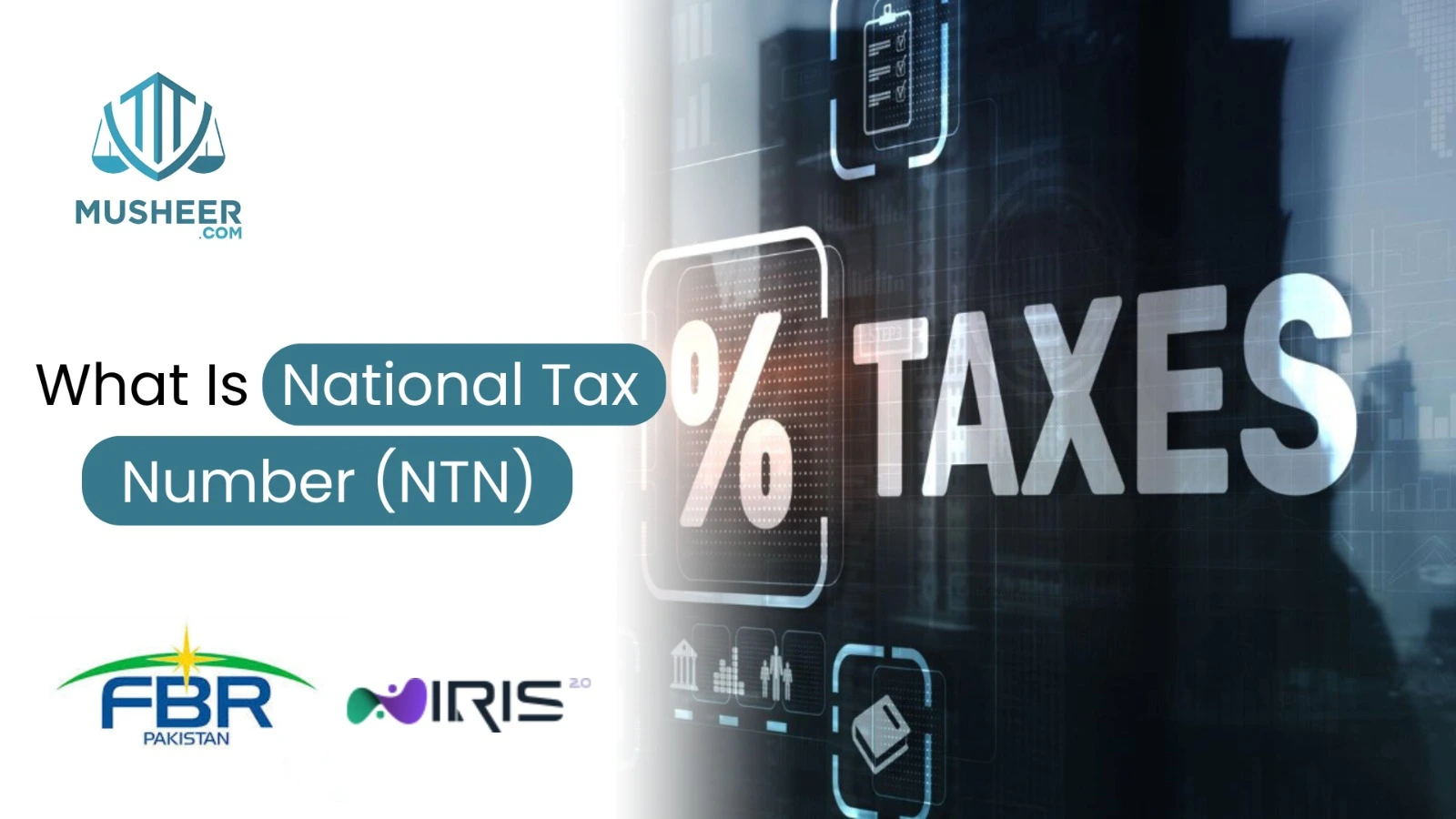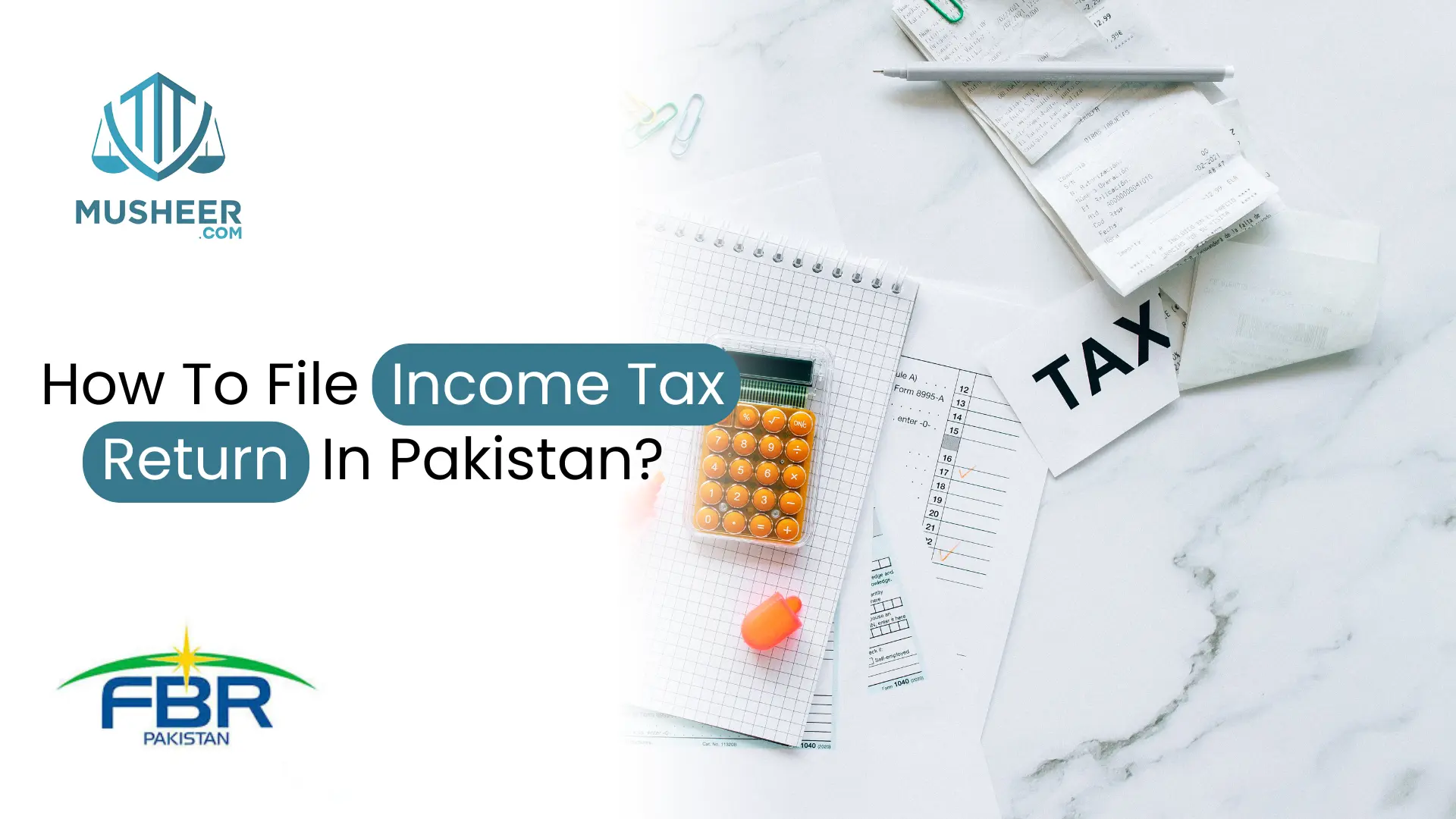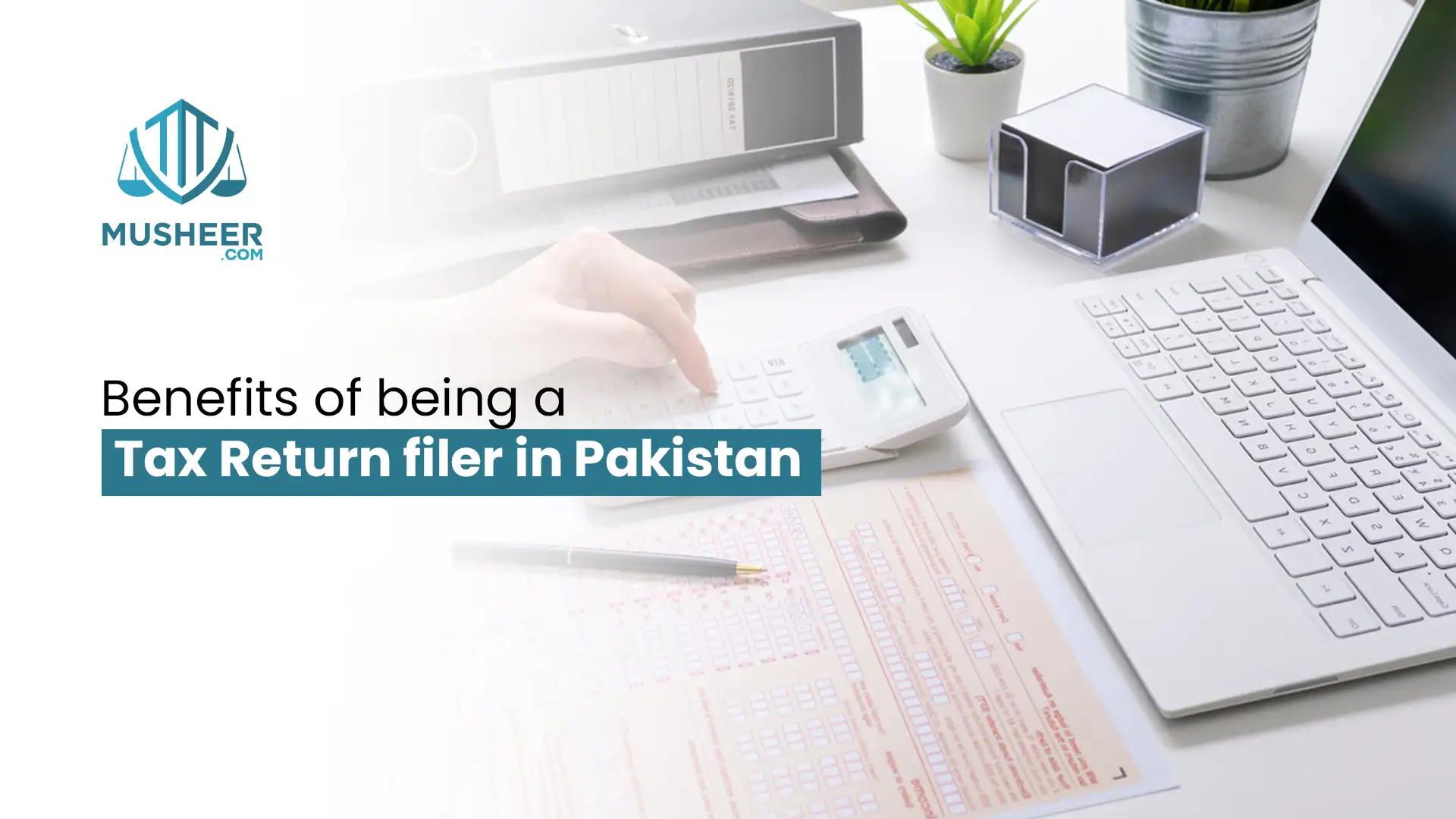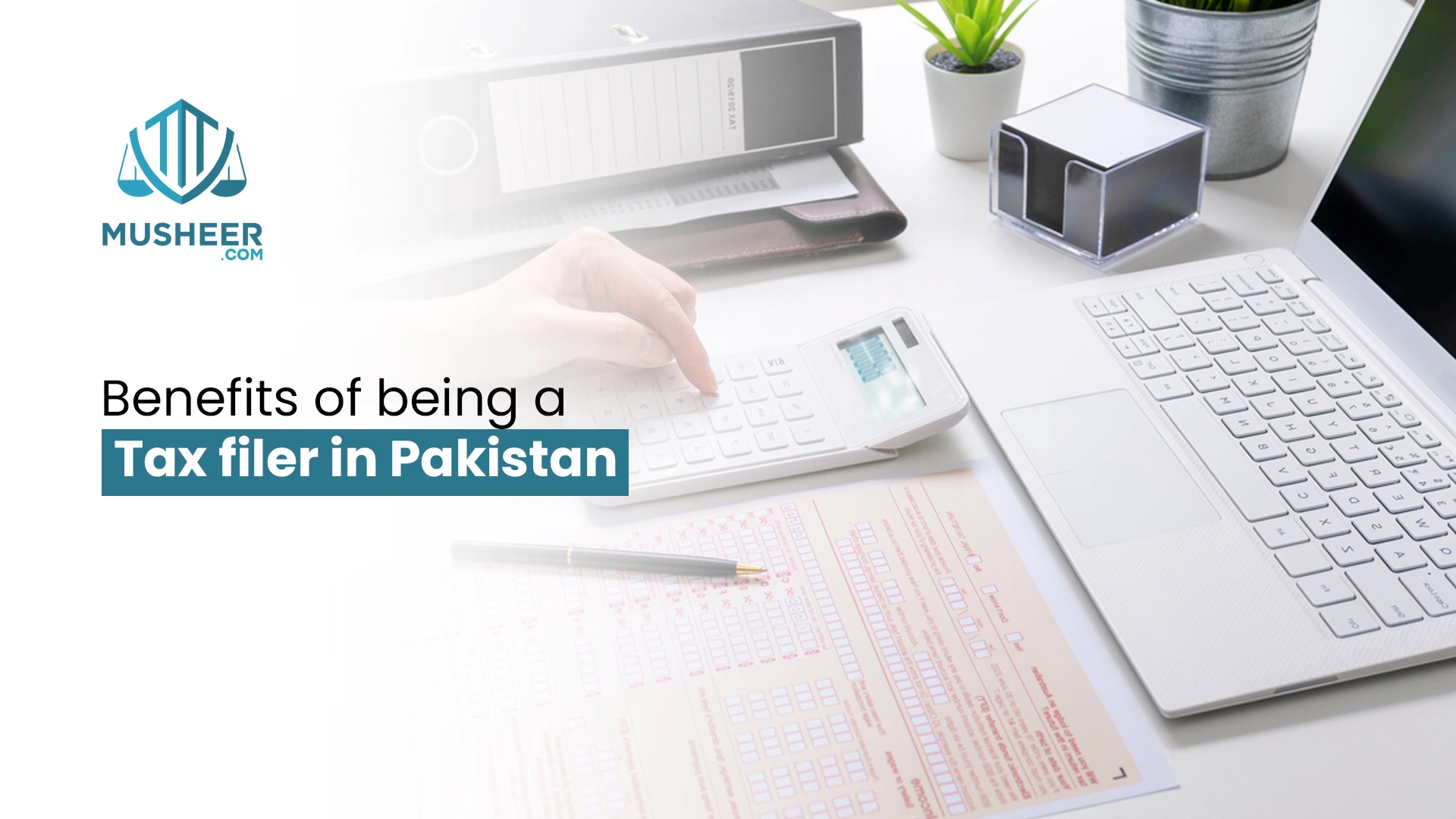Recently, on 22nd August 2022, Tax Laws (Second Amendment) Ordinance 2022 was enacted to provide for amendments in specific tax laws, including the Income Tax Ordinance, 2001, Sales Tax Act, 1990, Federal Excise Act, 2005, and Section 8 of the Finance Act, 2022.
Section 3 of the Sales Tax Act of 1990 provides for the changeability and scope of the sales tax. It provides that a sales tax of seventeen percent (17%) shall be levied and paid on the value of goods imported into Pakistan and on taxable supplies made by a registered person during or in furtherance of the taxable activity carried on by him. However, where a taxable supply is made to a person who is not registered, an additional tax at the rate of three percent (3%) shall be charged on the value.
Section 2 of the Act defines and clarifies what constitutes a taxable supply and taxable activity. Section 2(41) defines “taxable supply” as a supply of taxable goods made by an importer, manufacturer, wholesaler, dealer, distributor, or retailer, including a supply of goods chargeable to tax at the rate of zero percent under section 4. However, exempt goods under section 13 do not come under the purview of the definition of taxable supply.
Section 2(25) defines “Registered person” as a person registered or liable to be registered under this Act.
Section 2(35) defines “taxable activity” as any economic activity carried on by a person, whether or not for profit, including:
-
An activity carried on in the form of a business, trade, or manufacture
-
An activity that involves the supply of goods, the rendering or providing of services, or both to another person
-
Aone-off adventure or concern like trade; and
-
Anything done or undertaken during the commencement or termination of the economic activity
And excluding:
-
The activities of an employee providing services in that capacity to an employer
-
An activity carried on by an individual as a private recreational pursuit or hobby
-
An activity carried on by a person other than an individual which, if carried on by an individual, would fall within sub-clause (b).
The liability to pay the sales tax according to Section 3(3), the liability to pay the sales tax shall be of the person making the supply of taxable goods and, in the case of goods imported into Pakistan, of the person importing the goods. However, the federal government may specify the products on which the liability to pay tax shall be charged to the person receiving the supply.
Section 3 of the Act also provides various other rules regarding the collection and charging of sales tax on different categories of products. However, a new provision, i.e., Section 3(9), has been added by the Tax Laws (Second Amendment) Ordinance, 2022, whereby sales tax is made to be charged to the retailers through their monthly electricity bills. This sub-section is expressly made applicable to those retailers who do not fall within the purview of Tier 1 retailers as defined in the Act.
The rate of chargeable sales tax to retailers shall be five percent (5%) for the monthly bill amount not exceeding rupees twenty thousand. Sales tax at the rate of seven and a half percent (7.5%) shall be charged where the monthly electricity bill amount exceeds rupees twenty thousand (Rs 20,000) slab.
Such tax will be collected as withholding tax, and the electricity supplier shall then deposit the withheld amount directly without adjusting against his input tax.
However, as provided earlier, retailers falling in Tier 1 shall be excluded from the application of the provision and the chargeability of tax. The Tier 1 retailers, as categorized in the Act, are:
-
A retailer operating as a unit of a national or international chain of stores
-
A retailer operating in an air-conditioned shopping mall, plaza, or center, excluding kiosks
-
Retailer whose cumulative electricity bill during the immediately preceding twelve consecutive months exceeds Rupees [twelve] hundred thousand
-
A wholesaler-cum-retailer, engaged in bulk import and supply of consumer goods on a wholesale basis to the retailers as well as on retail basis to the general body of the consumers.”
-
A retailer whose shop measures one thousand square feet in area or more 110[or two thousand square feet in size or more in the case of retailer of furniture
-
a retailer who has acquired the point of sale for accepting payment through debit or credit cards from banking companies or any other digital payment service provider authorized by the State Bank of Pakistan;
-
a retailer whose deductible withholding tax under sections 236G or 236H of the Income Tax Ordinance, 2001, during the immediately preceding twelve consecutive months has exceeded the threshold as may be specified by the Board through a notification in the official Gazette; and
-
a person engaged in the supply of articles of jewelry, or parts thereof, of precious metal or of metal clad with precious metal, excluding a person whose shop measures three hundred square feet in area or less;
-
any other person or class of persons as prescribed by the Board.
Since the applicability of the charging provision, Section 3(9), is specifically excluded from the Tier 1 retailers, they shall be charged a tax rate as applicable to the goods sold under relevant provisions of this Act.
The intention of the legislature in introducing this provision and excluding its application specifically to the Tier 1 retailers is to provide some tax relief and a lower rate of chargeable tax to small retailers who run small set-ups and retail shops.
In view of the rising inflation and higher electricity tariff rates, the conditions to qualify for a Tier 1 retailer have also been amended to increase the threshold of electricity consumption from Rs 600,000 to Rs 1200,000.
Interestingly, a writ petition was filed in the Lahore High Court, Rawalpindi Bench, titled High Court Bar Association Rawalpindi v. Federation of Pakistan (Writ Petition 2148/2022), whereby High Court Bar Association Rawalpindi petitioned under Article 199 of the Constitution of Islamic Republic of Pakistan, 1973 assailing the imposition of sales tax on the lawyer's community and the collection of sales tax through electricity suppliers from them by including the tax in their monthly electric bills.
The major contention of the petitioner was that the collection of sales tax from the lawyer's community is illegal as it is beyond the scope of Section 3 of the Sales Tax Act, 1990, as the new sub-section applies to retailers only, and by no stretch of the imagination, can lawyers be termed, retailers.
After hearing both parties, the Lahore High Court delved into Section 3 and observed that a retailer supplies goods to the general public for consumption. In contrast, lawyers are professionals who provide legal services to their clients. Therefore, there is no supply of goods involved in any manner.
The Court held that Section 3(9) does not extend to lawyers; therefore, no sales tax is applicable and collectible from the lawyers under this sub-section.


